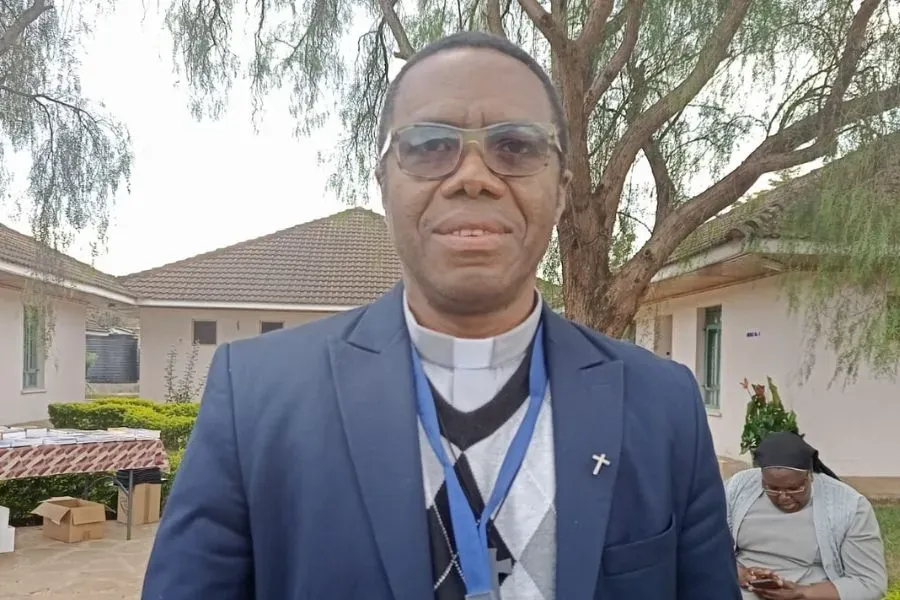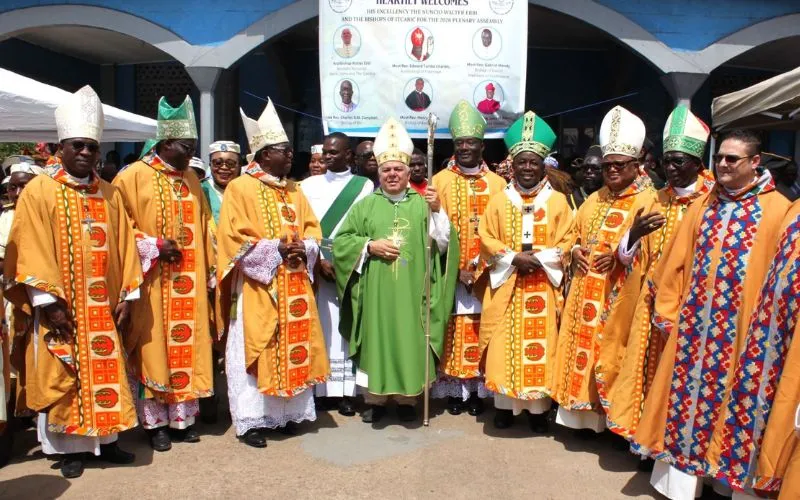Nairobi, 17 March, 2024 / 11:30 pm (ACI Africa).
Catholic Priests in Africa need to accept ongoing formation on Synodality, avoid clericalism, and be engaged in forming Christians for the successful birthing of a Synodal Church on the continent, the Secretary General of the Regional Episcopal Conference of West Africa (RECOWA) has said.
In his speech at a Thursday, March 14 webinar organized under the theme, “Church in Africa: Becoming Synodal in mission”, Fr Vitalis Anaehobi also emphasized the essential participatory role of Catholic Priests for the realization of a Synodal Church in Africa.
Fr. Anaehobi said that since the ongoing Synod on Synodality, which Pope Francis extended to 2024, with the first phase, 4-29 October 2023, having concluded with a 42-page summary report, is likely to conclude with recommendations on new ways of doing things, the people of God need to be formed on the Synodality, starting with Priests.
It has already been suggested that the December 2016 document of the Vatican Congregation of the Clergy on gift of Priestly Vocation, ratio fundamentalis Institutionis Sacerdotalis, “should be reviewed but this concerned only those on formation,” he said.
“For those already ordained, their accepting ongoing formation in synodality is their first role for the success of the synodality project,” the member of the Clergy of Nigeria’s Catholic Diocese of Nnewi, who was among the delegates of the October 2023 Synod on Synodality sessions in Rome from Africa said.





